Shocking stats reveal nearly half of UK boaters don’t wear a PFD
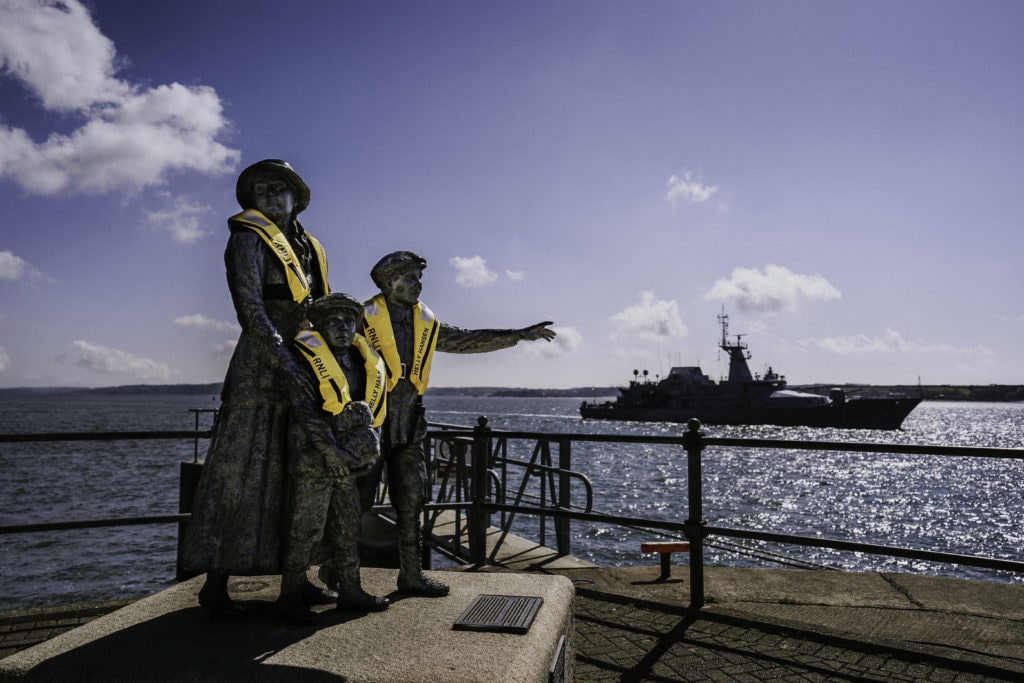
Research released today by Helly Hansen has revealed that UK boaters are not taking the right precautions while out on the water. Some respondents believe experience and age are reasons to go without a suitable Personal Flotation Device (PFD), and are, therefore, teaching younger generations that lifejackets are a precaution for less experienced sailors, rather than an essential piece of kit. Ironically, most respondents to the survey think they are a good example to others when it comes to water safety (82%).
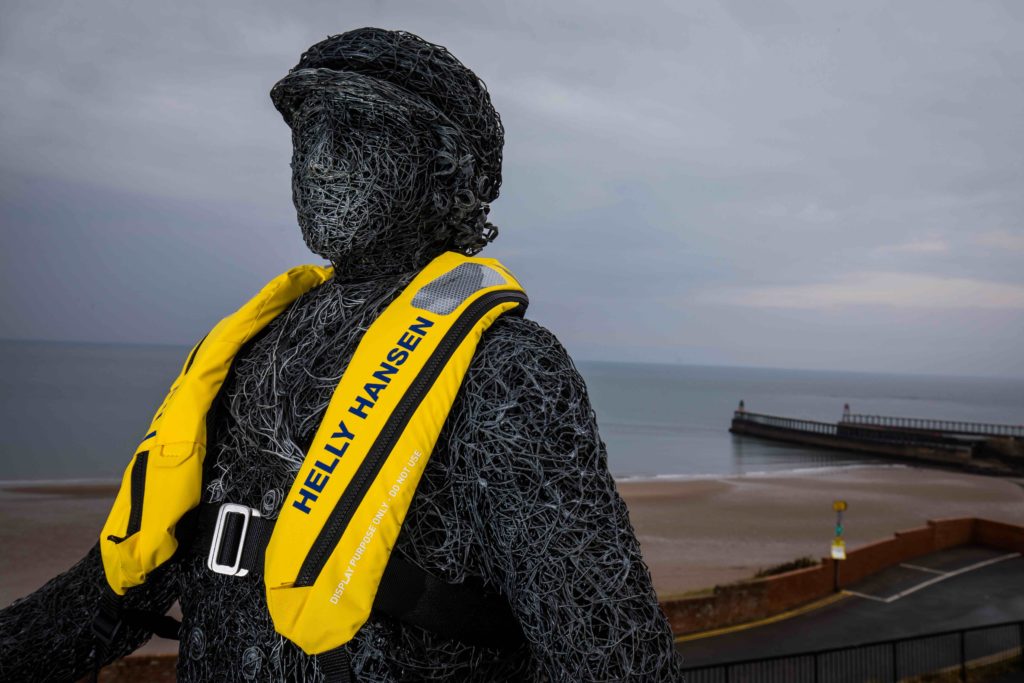
To help raise awareness around the importance of wearing a lifejacket Helly Hansen and the RNLI have been placing lifejackets on statues across the UK. Over the last few weeks, lifejackets have been popping up on statues in coastal towns and cities across the country (Whitby Walk is pictured left).
Helly Hansen says around half the respondents (56%) always wear a PFD while on the water. Of those who do not always wear a PFD, over 23% don’t bother as they can swim, and 51% wear one in bad weather, with 29% wearing one if they sail alone.
“This research reveals something we have suspected for a while – that most UK boaters just don’t believe they need to wear a suitable PFD while out on the water,” says Emma Russell, marketing manager for Helly Hansen. “We also see an underlying danger that younger generations are inadvertently being taught that lifejackets are a precaution for less experienced sailors, rather than an essential piece of kit that should be worn at all times, as they are often made to wear lifejackets by experienced sailors who aren’t wearing one themselves.”
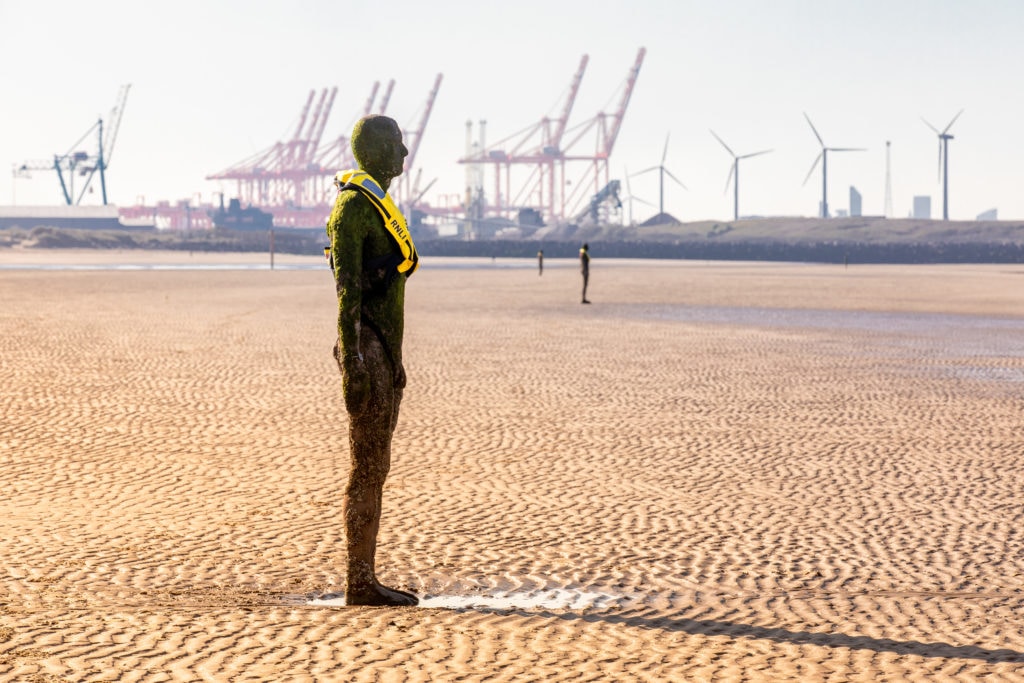
Last year the RNLI launched over 8,000 times to those in need of help, and every year, around 150 people die at the coast around the UK and Ireland.
Findings from the survey include:
- less than half (48%) of respondents think that you should always wear a lifejacket when sailing no matter your age
- 17% thought it was acceptable to not wear one from 13 years old
- 64% said that when they were learning to sail, there were occasions when they were made to wear a lifejacket when more experienced members of the group didn’t. This result was higher for the younger generation at 72% (18–24-year-olds) and much lower for the older generation at 30% (55+)
“Our advice is simple, always wear a lifejacket when you’re on the water, as accidents can and do happen to anyone, regardless of your experience or ability,” says Gareth Morrison, head of water safety at the RNLI. “The results in this survey are worrying as they show people are putting their lives at risk, with many thinking the advice to wear a lifejacket doesn’t apply to them. Our brave volunteers rescue thousands of people every year, and unfortunately at times witness first-hand the effects that losing someone to drowning has on their loved ones. Research has proven that wearing a lifejacket can increase your chances of survival by up to four times if you’re immersed in cold water. Whatever your activity and whatever level of experience you have, wearing a well-fitted, well-maintained and suitable lifejacket or buoyancy aid could save your life.”
Pip Hare, professional sailor and Helly Hansen ambassador, says, “Cold water shock can affect everyone. Even if you are an experienced sailor or a very confident swimmer, cold water shock causes an uncontrollable reaction which elevates your heart rate and breathing. This can lead to breathing in water and potentially drowning and it can affect even the fittest of people. Wearing a lifejacket with the correct buoyancy is vital to survival.”

Dr Salter’s Daydream, Bermondsey, London 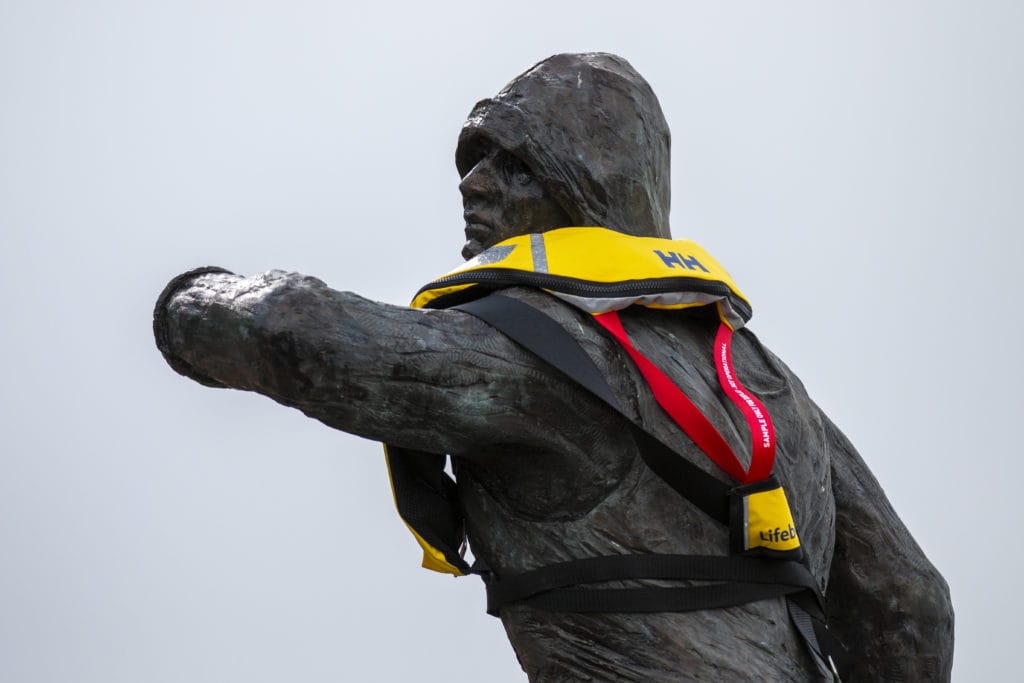
The Rescue, Seahouses, Northumberland
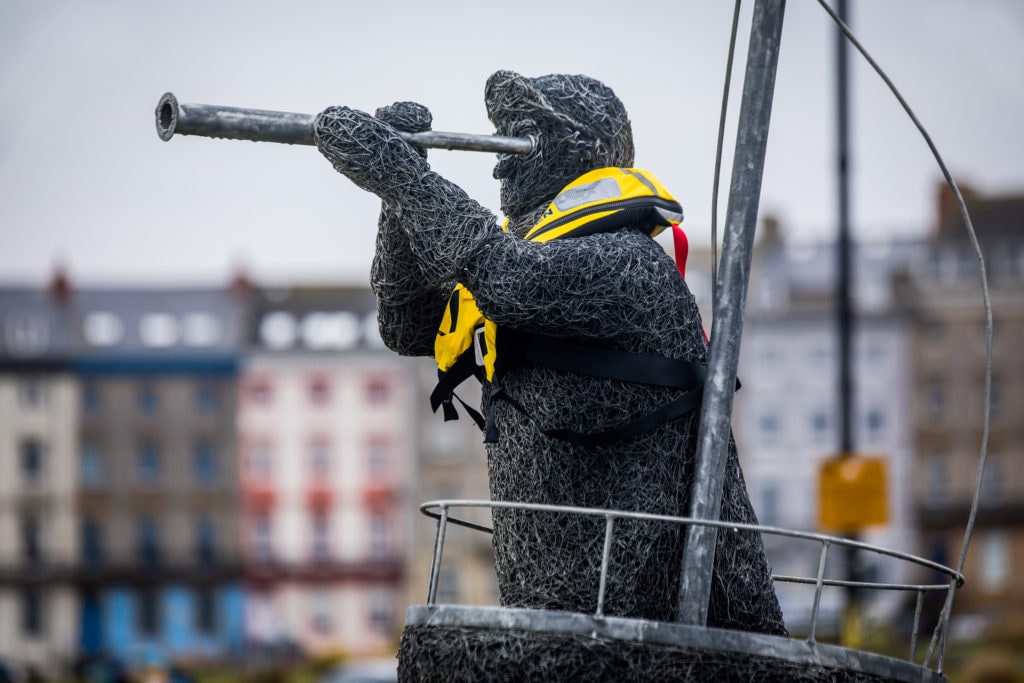
Whitby Walk with Heritage Project, Whitby, Yorkshire 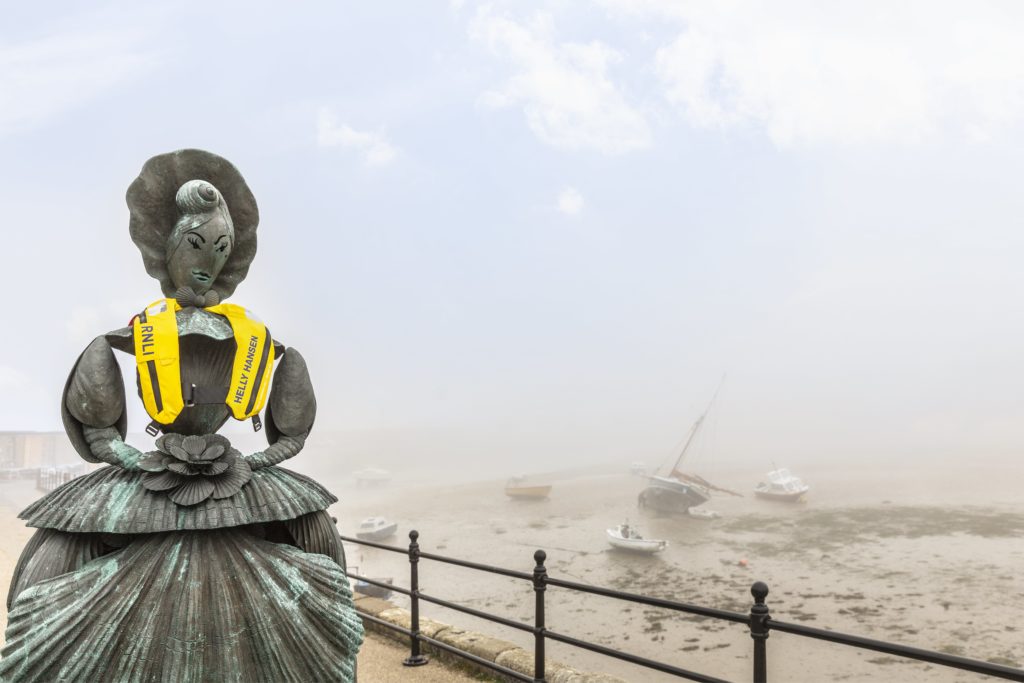
Mrs Booth, Margate, Kent


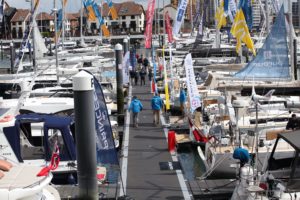
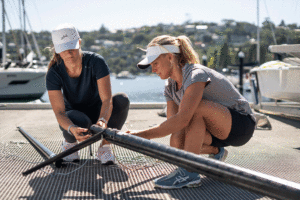







This needs qualification. On our boat in Greece, we don’t wear life jackets. We are all strong swimmers and the water is always warm.
Working as a professional in UK waters, I always wear a life jacket, and insist everyone on board is wearing one. However whilst on long motor yacht passages, whilst inside on large vessels, we relax this rule during daylight hours.
The story is too sensational to be of any help. Please be more realistic. It’s a very important subject!
Sad to say, this story is only too realistic. I used to assume that experience and swimming proficiency would keep me safe: no longer. At the MCA I saw a shocking series of reports of drownings among people who assumed that being a strong swimmer would assure their survival. The SAR helicopter crews long ago puzzled over secondary drowning (death subsequent to rescue and apparent resuscitation) now known to result from even minor water inhalation, as a common cause of fatalities. Prof Mike Tipton has written and lectured extensively on the evidence for cold water shock, hyperventilation, hypothermia and cardiac arrest and has used himself as a guinea pig. The MAIB has produced endless reports on drownings among fishermen, who might be expected to be strong and resilient, and who ought not to finish up in the sea – but do. There are numerous reports of drownings even in harbours and marinas, where help should be within easy reach. Modern lifejackets are no encumbrance, but as the RNLI slogan had it ‘Useless unless worn’.
Why take the risk?
Interesting (if shocking) survey! On UK Sail Training vessels (larger yachts that take young people to sea for challenge and adventure) all the staff, volunteers and young people always wear lifejackets, to the extent that if you’re not wearing one you feel something is missing. We’re fully aware that young people will copy what you do, not what you say. Lifejackets these days are so light and comfortable that there really is no reason not to wear one. Imagine you’ve fallen in, hit your head on the way so are unconscious, and your crew is not able to get back to you quickly! There really is no good reason not to wear one.
When I owned a boat I always insisted that all on board wore a life jacket on deck. Below deck Ok to remove.
When taking visually impaired people sailing I insisted that included on pontoons as well.
When vips from another boat fell in the water in a strong tidal stream not wearing a life jacket it was most difficult to get them to safety. I remember the voice saying so intently “don’t you let go of me Ken” I didn’t, and with the assistance of others we safely recovered them.
Then five minutes later a sighted guy did exactly the same thing.
Ok when my kids were using the yacht as a diving platform and having a great time they didn’t wear ljs, naturally.
But when you are afloat please wear a life jacket unless the activity means a personal flotation device is more appropriate, i.e. windsurfing.